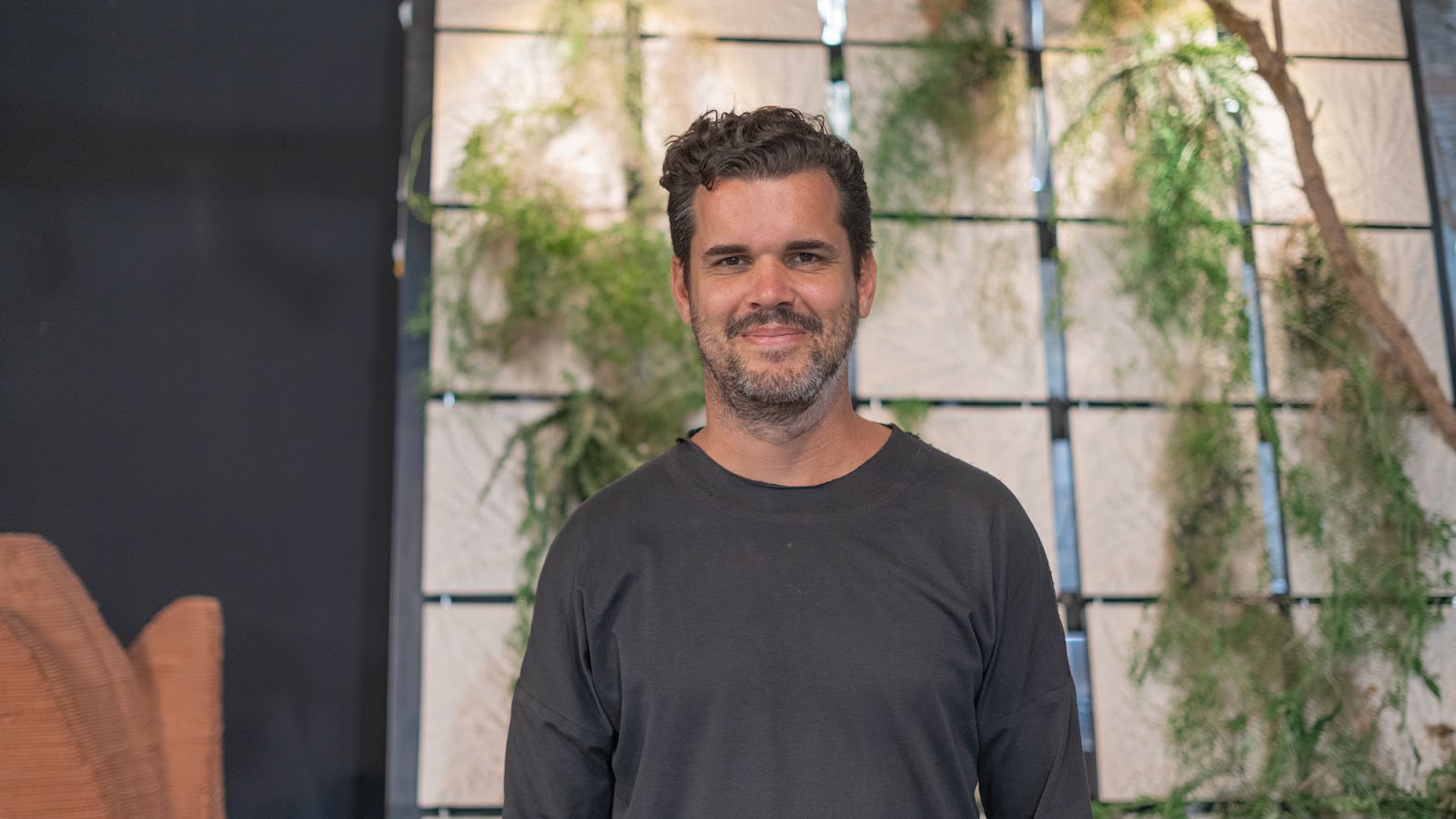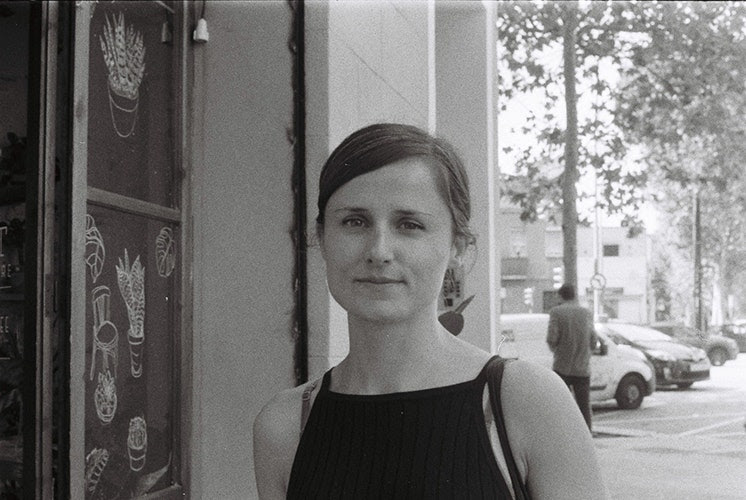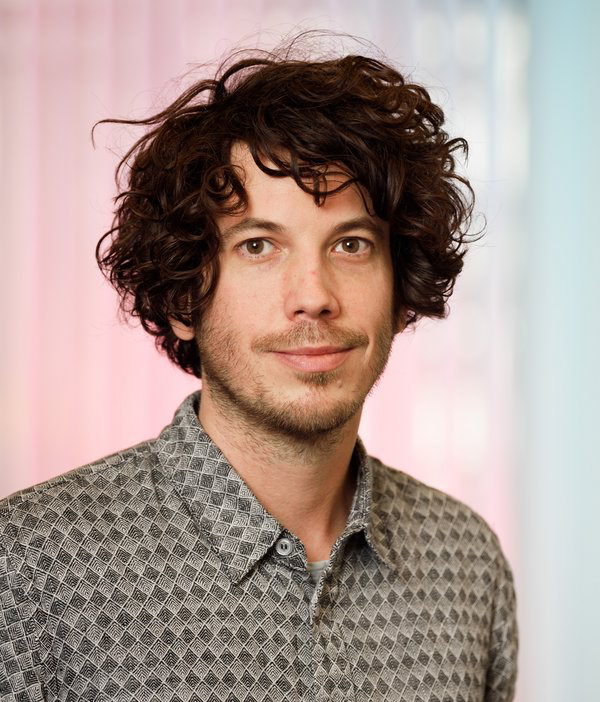Syllabus⇝
MDEF Research, Design and Development studios aim to take research areas of interest and initial project ideas into an advanced concretion point, and execution plan. The studio structure in three terms could be understood as follows:
TERM 1 Research: Understanding what it means to design for emergent futures. Analysing the past and finding weak signals. References, state of the art. Identifying areas of interest. Experimenting from the first-person perspective.
TERM 2 Design: Forming the present through interventions in the real world. Building the foundations of your design space, forming strategic partnerships. Applying knowledge into practice through iterative prototyping. Testing ideas and prototypes in the real world.
TERM 3 Development: Refining interventions and identifying desirable futures. Establishing roadmaps for the construction of emergent narratives.. Communicating and disseminating your project through speculative design.
The third term Design Studio aims to refine the work developed by students during the first and second term of the Master program (research and design). After identifying areas of interest from weak signals in the first term, and creating their design space and interventions, students will be encouraged to take a further step into their projects, focusing on designing an improved intervention in the real world (digital or physical). Special efforts will be geared towards the development of projects in the context of the current global pandemic, and how such interventions take place in new contexts (domestic, digital, new locations), while contributing to the previous work in tems one and two, and continue building the project’s vision for desirable futures..
The Design Studio time will be dedicated to supporting the students to adapt their work in the current special global context, develop their final design intervention in new spaces, and communicate their project to build new narratives, taking into account the current “new normal”. During the studio, studio leaders will bring invited guests to introduce topics of interest to the process and to participate in tutorials during the desk crits.
Deliverables⇝
At the end of this trimester we expect you to update who you are and what makes you unique (identity) and your personal “vision” of your future as a professional. Create a specific post on your website.
Additional Resources⇝
Speculative Everything - Anthony Dunne and Fiona Raby
Adversarial Design - Carl DiSalvo
Massive Change - Bruce Mau, Jennifer Leonard and Institute without Boundaries
Design for the Real World: Human Ecology and Social Change - Victor Papanek
Liquid Modernity - Zygmunt Bauman
Who Owns the Future? - Jason Lanier
This Changes Everything - Naomi Klein
To Save Everything, Click Here: The Folly of Technological Solutionism - Evgeny Morozov
Democratizing Innovation - Eric Von Hippel
Cradle to Cradle: Remaking the Way We Make Things - Michael Braungart, William McDonough
Macrowikinomics: New Solutions for a Connected Planet - Don Tapscott, Anthony D. Williams
The Third Industrial Revolution: How Lateral Power Is Transforming Energy, the Economy, and the World - Jeremy Rifkin
The Death and Life of Great American Cities - Jane Jacobs
The Third Plate - Dan Barber
Free Innovation - Eric Von Hippel
Limits to Growths - Donella H. Meadows
The Human Face of Big Data - Rick Smolan
Faculty⇝
Tomas Diez Ladera, a Venezuelan Urbanist, Designer, and Technologist, is known for his expertise in digital fabrication and its impact on future cities and society. He is a founding partner and executive director of the Fab City Foundation, and he also serves on the Institute for Advanced Architecture of Catalonia’s board of trustees, where he holds positions as a senior researcher and tutor. He actively collaborates with the Fab Foundation to support the global Fab Lab Network and has played a significant role in launching initiatives such as the Fab Academy and Fab City.
Tomas co-founded and co-designed projects like the Smart Citizen initiative and the global Fab Lab Network platform, fablabs.io. Additionally, he co-created higher degree programs, including the Master in Design for Emergent Futures (IAAC-Elisava) and the Master in Design for Distributed Innovation (Fab City-IAAC), both of which he co-directs. As a founding partner and President-Director of the Meaningful Design Group Bali, he aims to combine advanced technologies and design with alternative perspectives and cultures in Indonesia and Southeast Asia. He has received recognition as a young innovator of the year by the Catalan ICT Association and was nominated as one of Nesta's and The Guardian's top 10 Social Innovators in Europe.
Multimedia developer, interaction designer & researcher, Mariana Quintero works and develops her practice at the intersection where digital fabrication technologies, digital literacy, and information and computation ethics & aesthetics meet, contributing to projects that investigate how digital information and technologies translate, represent, and mediate knowledge about the world. She is currently a faculty member and part of the strategic team at the Masters in Design for Emergent Futures at IAAC | Fab Lab Barcelona.
Oscar Tomico is associate professor at the Department of Industrial Design at Eindhoven University of Technology on Design Research Methodologies for Posthuman Sustainability. His research revolves around 1st Person Perspectives to Research through Design at different scales (bodies, communities and socio-technical systems). Ranging from developing embodied ideation techniques for close or on the body applications (e.g. soft wearables), contextualized design interventions to situate design practice in everyday life, exploring the impact of future local, distributed, open and circular socio-technical systems of production, or experimenting with cohabitation as a posthuman approach to multi-species design.



